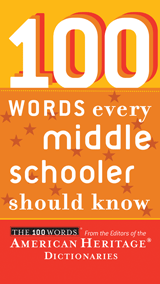
|
|
adversary aplomb apprehensive aptitude attentive banish barricade bluff brackish brandish circumference commotion concoction conspicuous contortion counter cunning debris defiance deft destination diminish disdain dismal dispel eavesdrop egregious ember emerge engross exasperation exhilarate falter foresight |
fragrance furtive grueling gusto habitation hasten headway ignite illuminate impending imperious jabber jargon jostle jut kindle knoll luminous malleable materialize meander meticulous misgivings momentum monotonous multitude muster narrate obscure ominous outlandish persistent pertinent potential |
precipice pristine pristine quell recluse recuperate replenish repugnant restitution sabotage scarcity scurry serenity sociable somber specimen stamina subside swagger swarm tactic terse translucent uncanny unsightly versatile vigilant vulnerable waft waver weather zeal |







